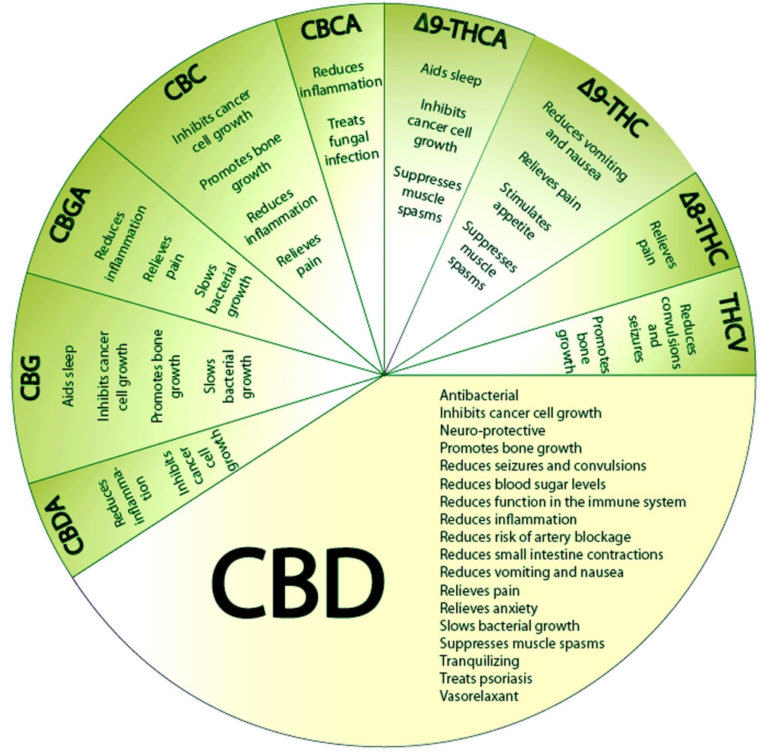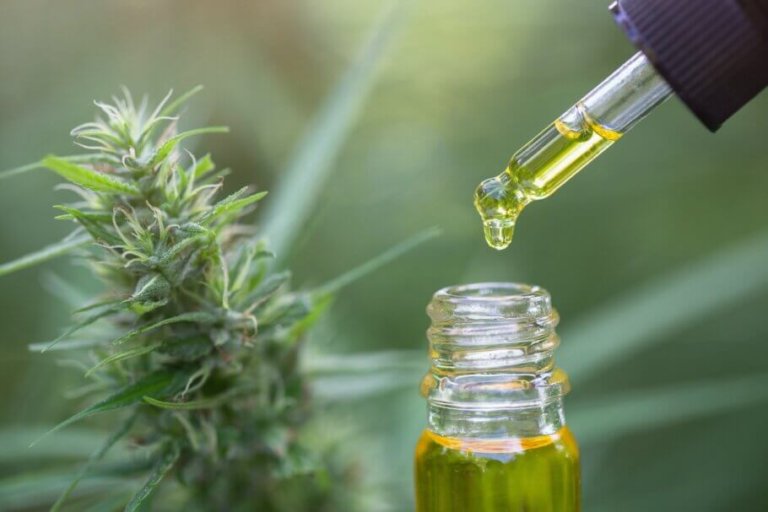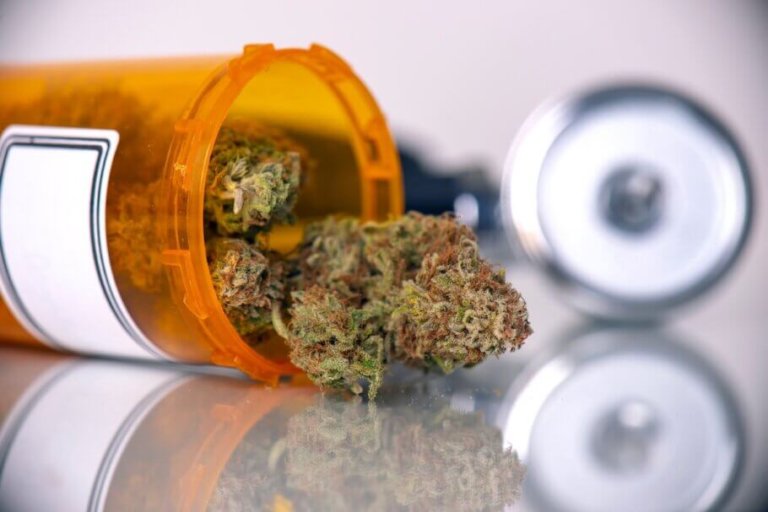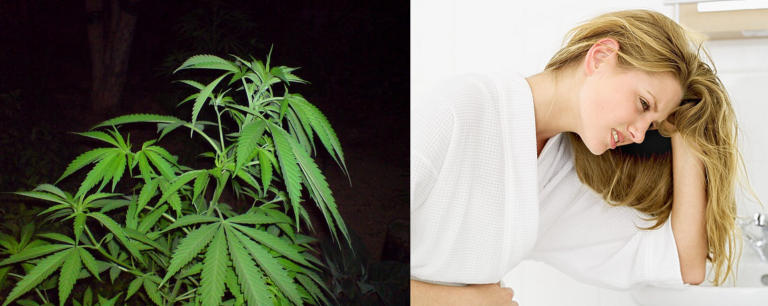Cannabis: dependence and withdrawal syndrome
List of contents
Legalization and increasing social acceptance of cannabis or marijuana use have led to a significant increase in its use around the world. As more people turn to cannabis as a form of recreation or medical treatment, it is crucial to examine and understand the potential effects of its use in the medium and long term.
In this article, we want to explore two fundamental aspects of this debate around cannabis: dependence and withdrawal. Through an in-depth analysis, we will examine how continued use of this substance can lead to dependence and, in some cases, trigger withdrawal symptoms upon quitting that affect both the physical and mental health of users. By addressing these topics, we hope to shed light on a crucial aspect of the conversation surrounding cannabis and provide valuable information for those seeking to make informed decisions about its use.
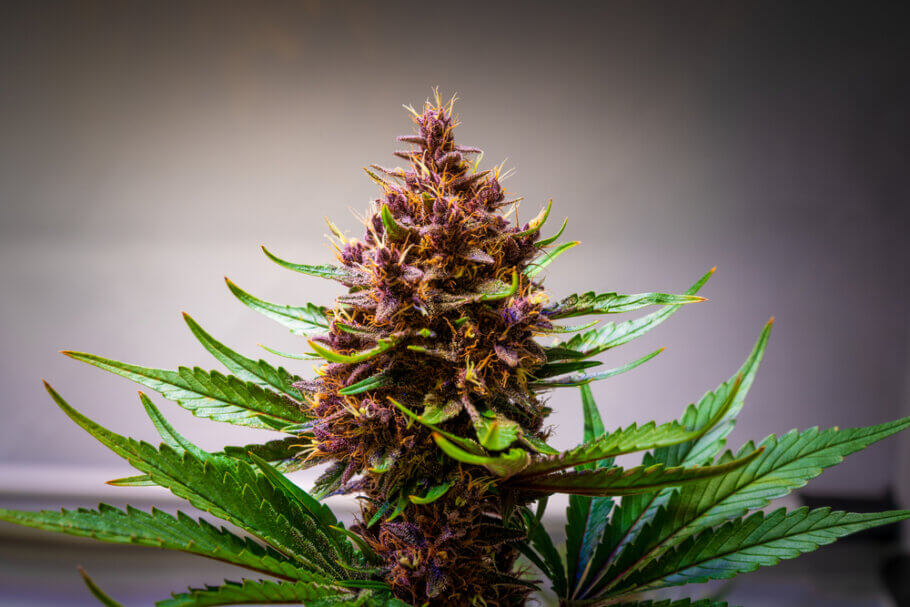
Cannabis dependence and withdrawal: Do they exist?
Cannabis or marijuana withdrawal syndrome refers to a series of physical and psychological symptoms that some people experience when trying to stop using this substance after prolonged and frequent use. Although cannabis - like, for example, psilocybin - is generally considered less addictive compared to other substances such as alcohol, nicotine, or opiate drugs, some people may develop psychological dependence and experience withdrawal symptoms when trying to stop smoking or consuming marijuana.
Cannabis dependence, like dependence on other substances, develops due to a combination of biological, psychological, and environmental factors. Not everyone who uses cannabis will develop dependence, and susceptibility to dependence can vary significantly from person to person. Here are several factors that contribute to the development of cannabis dependence:
- Frequency and amount of consumption: Regular and frequent use of cannabis increases the risk of developing dependence. The more often a person uses cannabis and in larger quantities, the greater the likelihood of developing dependence and, subsequently, withdrawal syndrome when stopping use.
- Cannabis potency: Cannabis strains high in THC (Tetrahydrocannabinol), the main psychoactive compound in cannabis, tend to have a greater potential for causing dependence. THC is responsible for the psychoactive effects of cannabis, and strains with higher levels of THC can be more addictive. It is worth noting that, over the last few decades, strains with much more THC have been developed than in the last century.
- Individual sensitivity: A person's genetics can play a fundamental role in their susceptibility to cannabis dependence, as well as developing a more or less intense withdrawal syndrome. In this way, some people may be more prone to developing a dependency due to genetic factors.
- Psychological factors: People prone to anxiety disorders, depression or other mental health problems may be more likely to use cannabis as a form of self-medication. This can increase the risk of developing dependence, especially when combining the psychoactive action of THC with these problems.
- Social environment: The environment a person is in and social influences can play an important role in the development of dependency. Easy access to marijuana and peer pressure to use it can contribute to a higher risk of dependence.
- History of substance abuse: Those who have a history of abuse of other substances, such as alcohol, cocaine, or MDMA, may be at higher risk of developing cannabis dependence.
- Motivations for consumption: The reasons why a person uses cannabis are also important. Occasional recreational use is less likely to lead to dependence than continued use to relieve stress, chronic pain, or other problems.
It is important to note that dependence on cannabis is not inevitable, and many people can use it recreationally or therapeutically without developing it. However, for those facing dependency issues, seeking early support and treatment can be critical to overcoming this challenge and leading a healthier life.
Symptoms of cannabis withdrawal syndrome
Cannabis withdrawal symptoms can vary in intensity and duration from person to person, but some of the most common include:
- Irritability
- Anxiety
- Insomnia or difficulty sleeping
- Loss of appetite
- Mood changes, such as depression or sudden mood swings
- Vivid dreams or nightmares
- Concentration problems
- Headaches
It is very important to make clear that not all people who stop using cannabis experience these symptoms, and the severity of the symptoms can vary significantly from one case to another. Additionally, the duration of withdrawal symptoms generally decreases over time, with most people fully recovering within a few weeks, sometimes days. Finally, it is possible that only some of these symptoms occur and not all, with difficulty sleeping during the first days being, for example, one of the most common.
Ultimately, it is essential to keep in mind that cannabis dependence and withdrawal symptoms can affect some people, but it does not have to affect everyone. However, recognizing the existence of this syndrome is important to better understand the possible risks associated with frequent and prolonged cannabis use and to provide support and treatment to people who may need it when trying to stop using this substance.

How to reduce Cannabis withdrawal symptoms
Reducing cannabis withdrawal symptoms can be challenging, but there are strategies and approaches that can help ease discomfort during this period. Here are some suggestions to reduce cannabis withdrawal symptoms and make this process much more bearable:
- Tapering: Instead of stopping cannabis use abruptly, consider gradually reducing the amount and frequency of use. This can help minimize the intensity of withdrawal symptoms.
- Stay hydrated: Drinking enough water is important during withdrawal as it can help relieve some of the symptoms, such as dry mouth and headaches.
- Physical exercise: Regular physical activity can release endorphins and improve mood, which can help reduce anxiety and depression associated with withdrawal. Even with your sweat or perspiration, you will be helping the process.
- Healthy Eating: A balanced diet can contribute to overall well-being and help counteract the loss of appetite sometimes experienced during withdrawal.
- Adequate rest: Sleep is essential for recovery and emotional balance. Try to maintain a regular sleep routine and create an environment conducive to rest, although the first few days may be somewhat difficult.
- Social support: Talking to trusted friends or family about your challenges with withdrawal can be comforting. You can also consider joining a support group or seeking professional advice if you need it. Talking about problems usually makes you see them from different perspectives, which always helps.
- Relaxation techniques: Meditation, yoga, and deep breathing are examples of relaxation techniques that can help reduce anxiety and improve stress management, as can some infusions or foods.
- Avoid triggering situations: Identify the situations or places that make you feel tempted to use cannabis and try to avoid them as much as possible during withdrawal.
- Distract your mind: Keep your mind busy with activities that you enjoy and that keep you focused on other things. This can help reduce worry about using or withdrawal symptoms.
- Consider professional help: If withdrawal symptoms are severe or persistent, consider seeking help from a mental health professional or a therapist who specializes in addiction treatment. They may offer cognitive behavioral therapy or other interventions to help you through withdrawal.
Finally, we must remember once again that marijuana withdrawal can vary in duration and intensity depending on the person and their history of consumption. It is always advisable to consult a health professional before making major changes to your cannabis use and seek support when necessary to ensure a healthy and sustainable recovery. No one is going to hold it against you, that's for sure!
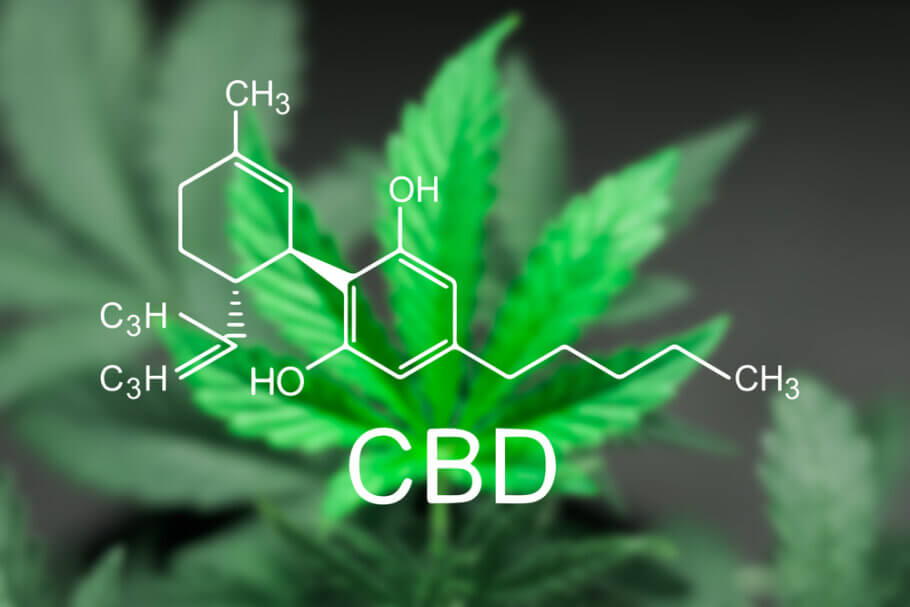
Can CBD help you with withdrawal symptoms?
Cannabidiol (CBD) has been studied for its potential to be used as a support in drug detoxification treatments, although its effectiveness and application can vary depending on the substance being treated and individual circumstances. Here are some of the ways CBD has been used or researched in the context of drug detox:
- Anxiety and stress reduction: CBD has been shown to have anti-anxiety properties and may help reduce anxiety and stress that often accompany withdrawal from addictive substances. This can make the detox process more manageable.
- Relief of withdrawal symptoms: CBD has been studied for its ability to relieve some of the withdrawal symptoms associated with stopping the use of addictive substances. It can help reduce irritability, anxiety, sleep problems, and other symptoms that make withdrawal difficult.
- Relapse Reduction: Some studies suggest that CBD may have an impact on relapse prevention in people who have passed the acute phase of detox. This is due to its potential to reduce urges.
- Treatment of comorbidities: CBD has also been investigated as part of a comprehensive approach to treating comorbidities, such as anxiety disorders or depression, which often coexist with substance abuse. By addressing these underlying conditions, CBD can help improve outcomes in addiction treatment.
- Non-addictive approach: Unlike some drug detox treatments, CBD is generally considered non-addictive and does not have the potential to cause physical dependence. This makes it a safer option compared to some prescription medications in these cases.
Medicinal properties of CBD
The therapeutical properties of CBD and its great number of applications are currently being studied by the scientific community, so the list of diseases and conditions which can be treated with this cannabinoid is constantly increasing.
It is important to note that research on the use of CBD in drug detox is still in its early stages, and more studies and research are needed to fully understand its effects and effectiveness in different contexts. Additionally, the use of CBD to support detoxification should be supervised and guided by health professionals and should be part of a comprehensive treatment plan that includes therapy and psychological support.
Each individual is unique, so it is essential that decisions about addiction treatment are made on an individualized basis and in consultation with a health professional who has experience in managing substance use disorders whenever necessary.
Sources:
- The cannabis withdrawal syndrome: current insights, Udo Bonnet, Ulrich W Preuss
- Clinical management of cannabis withdrawal, Jason P. Connor, Daniel Stjepanović, Alan J. Budney, Bernard Le Foll, Wayne D. Hall
- CBD-mediated regulation of heroin withdrawal-induced behavioural and molecular changes in mice, Francisco Navarrete, Ani Gasparyan, Jorge Manzanares

















































